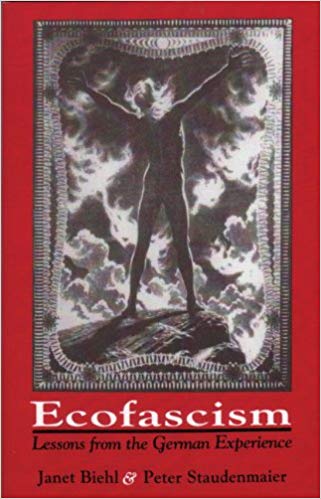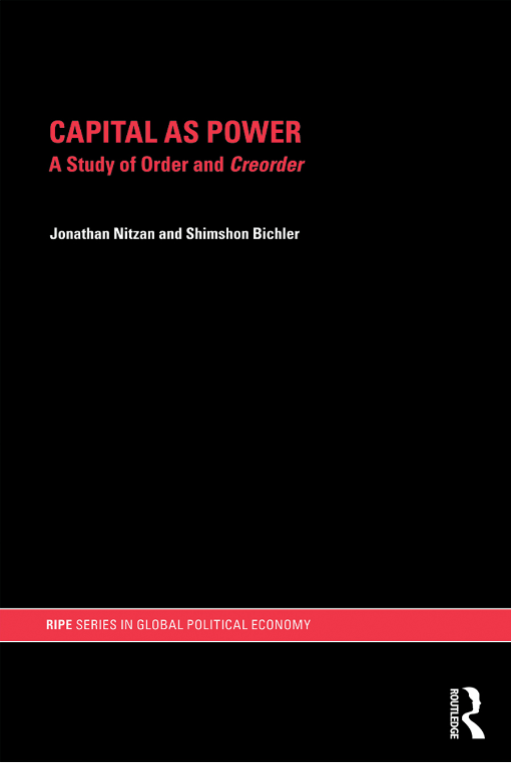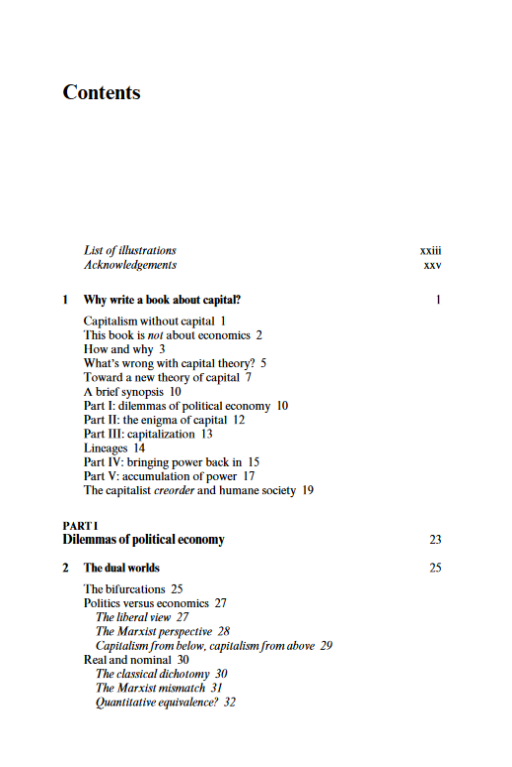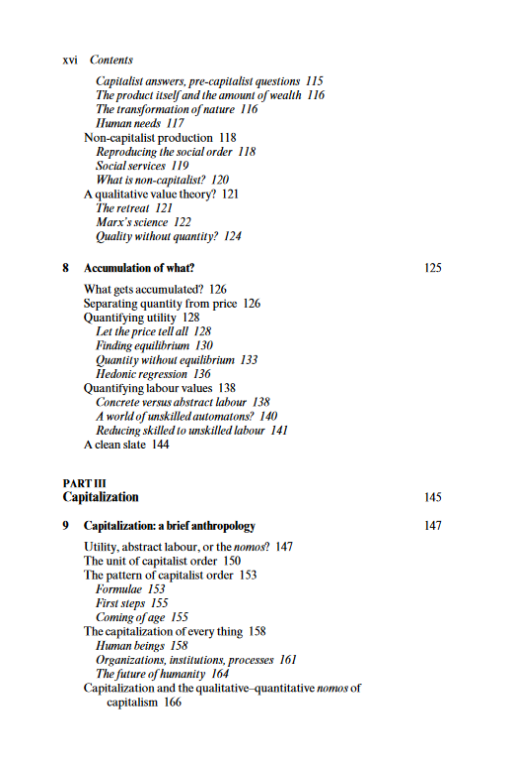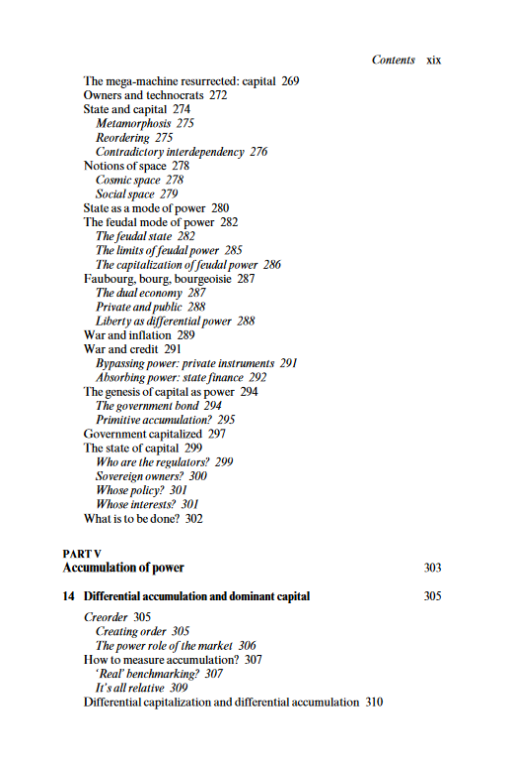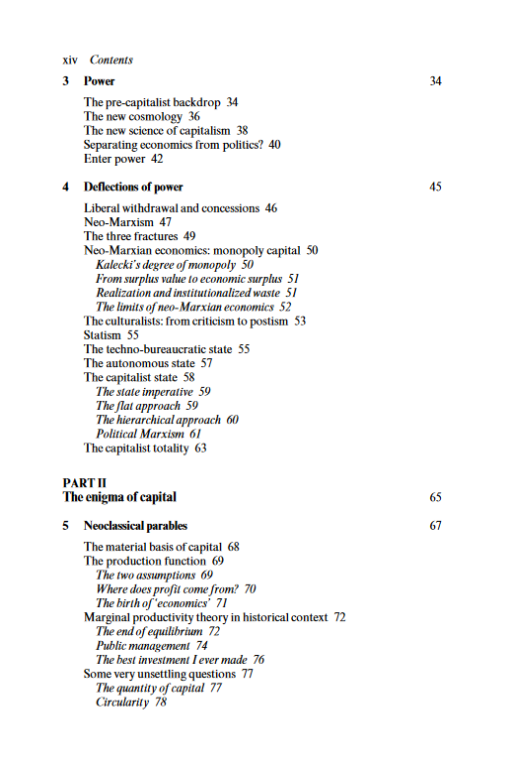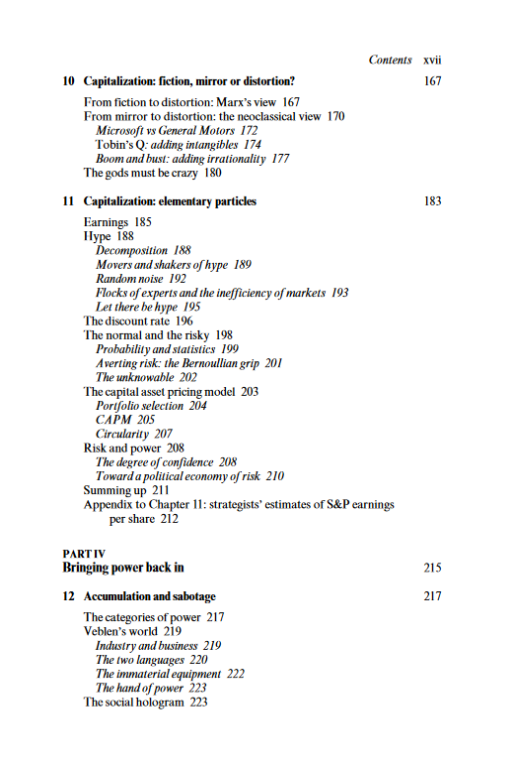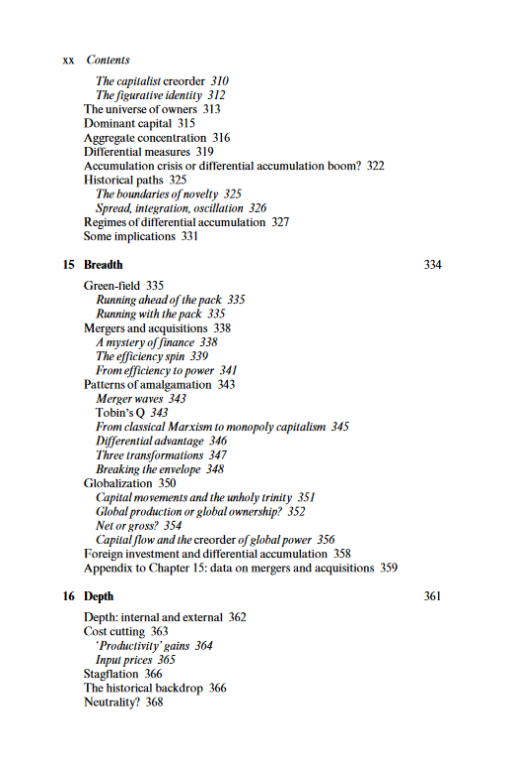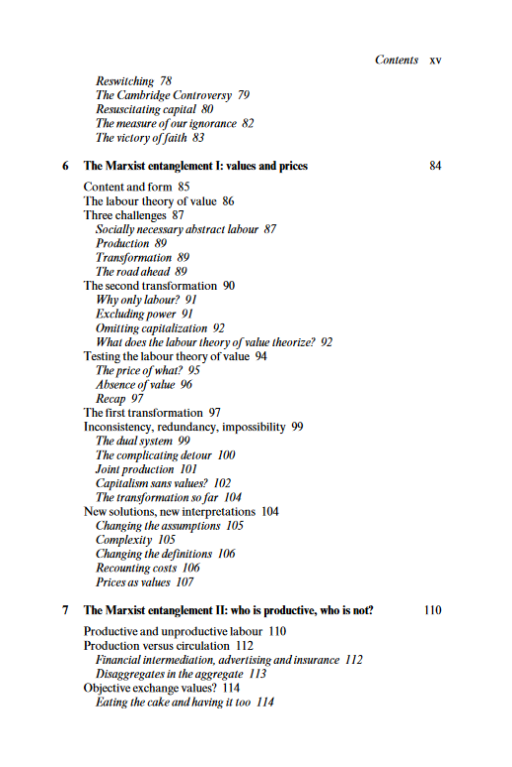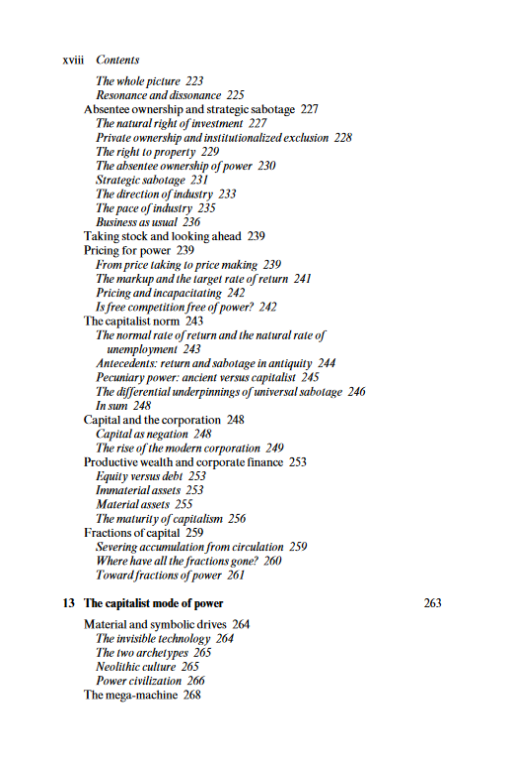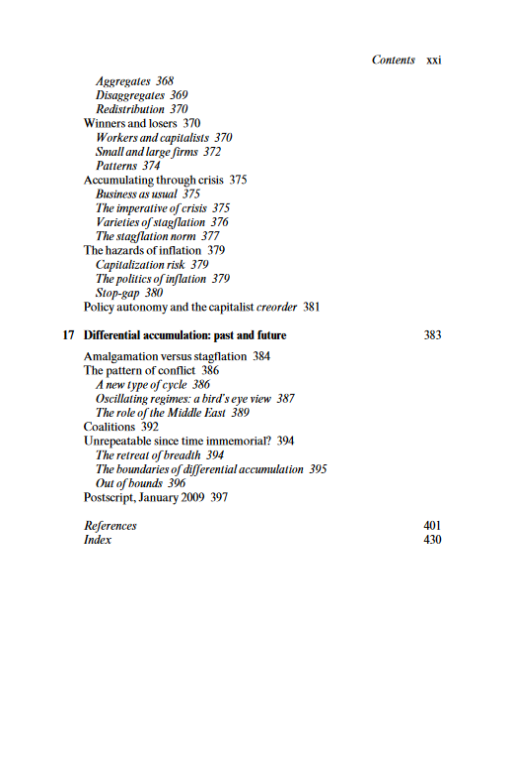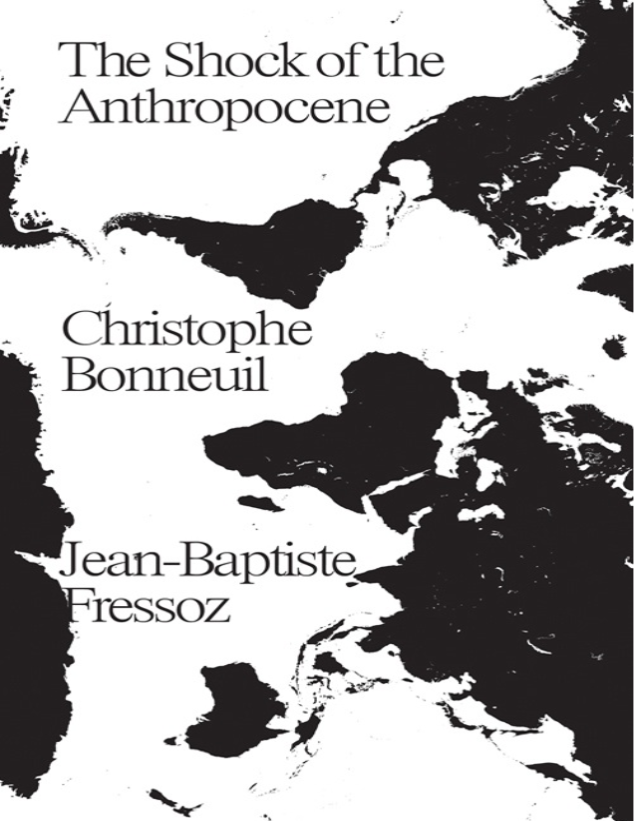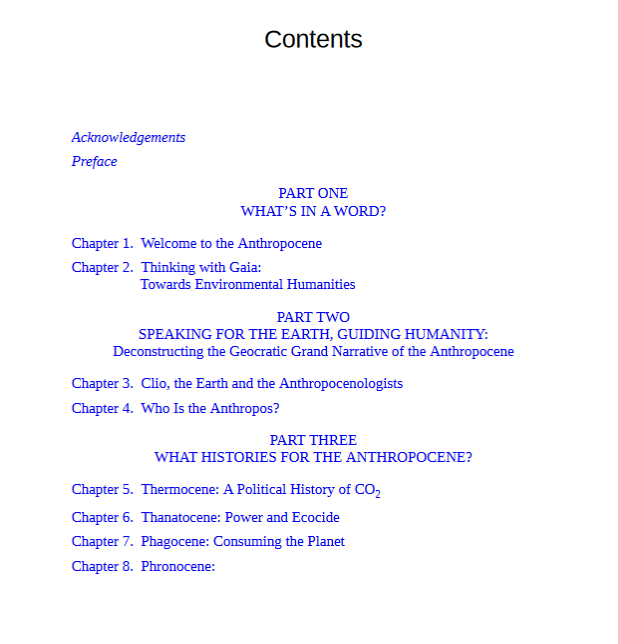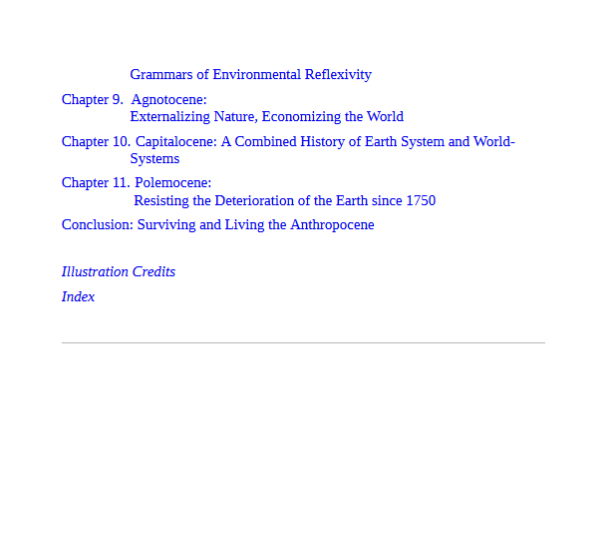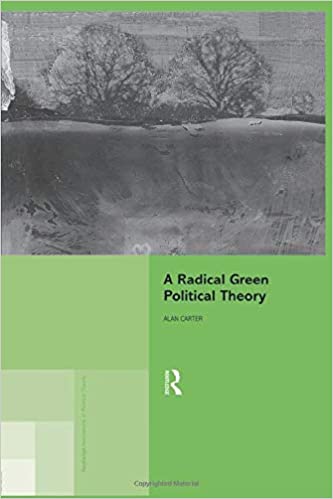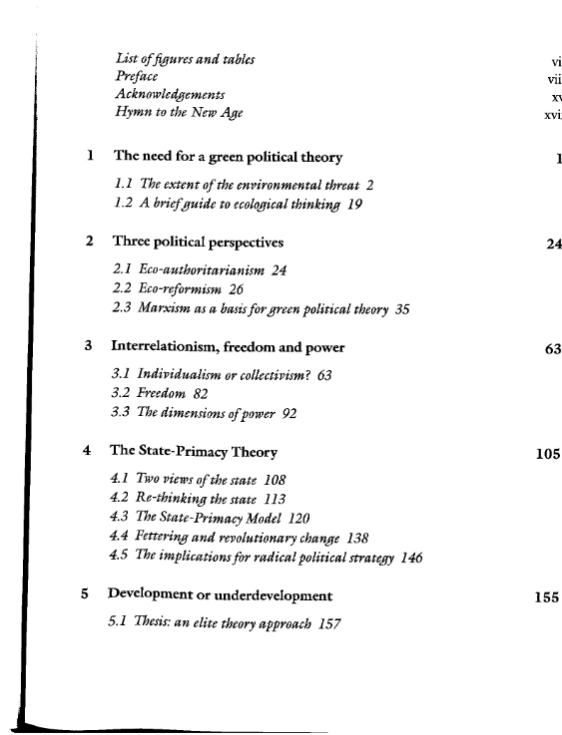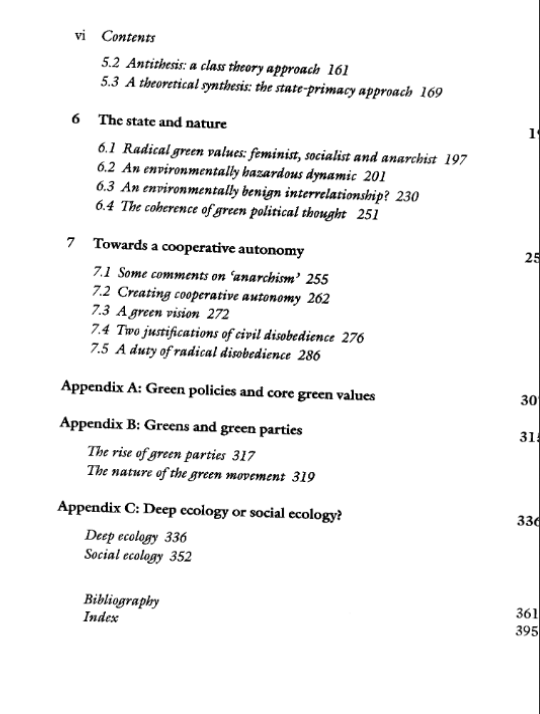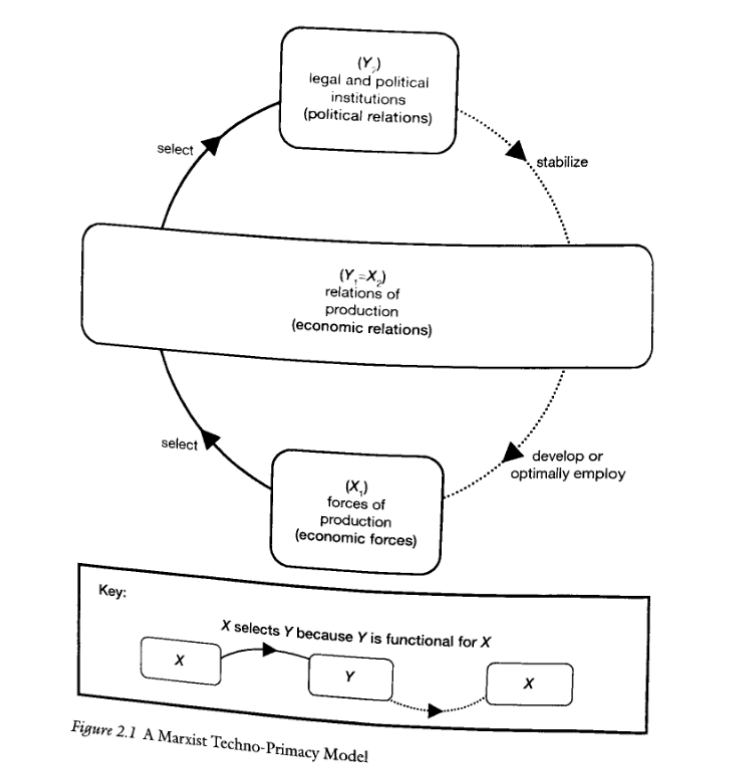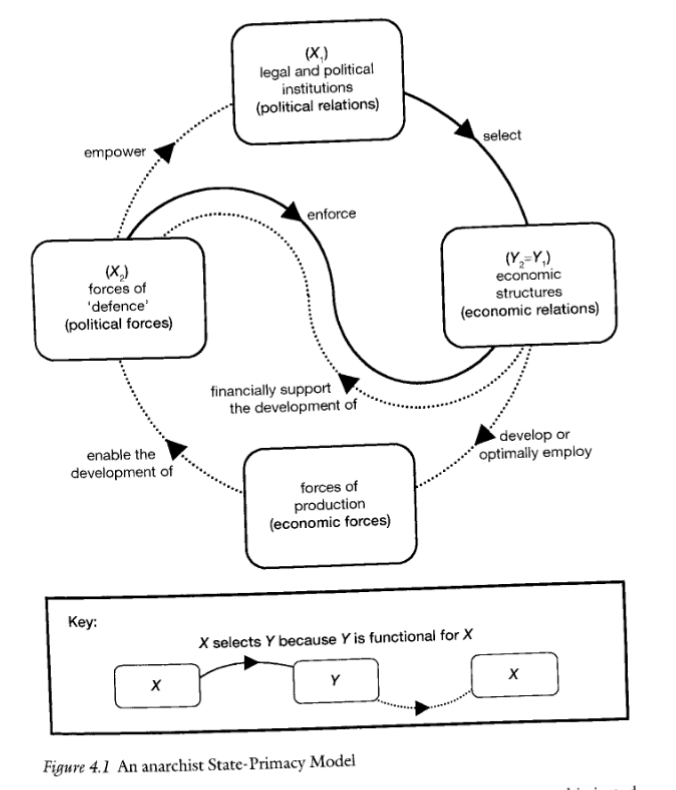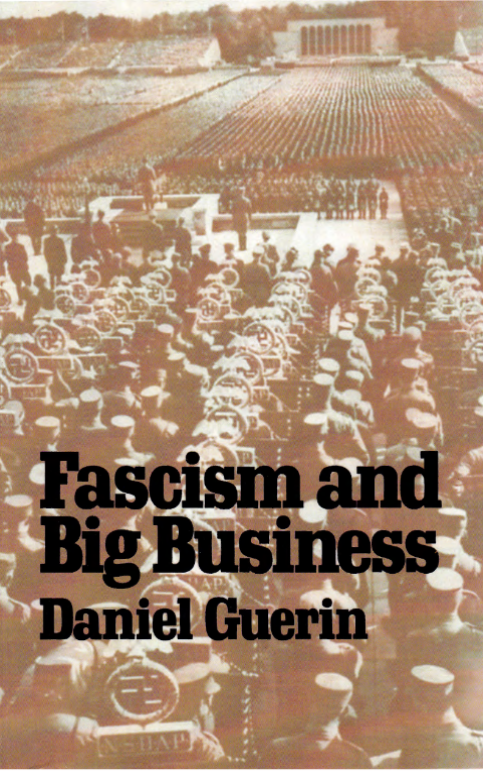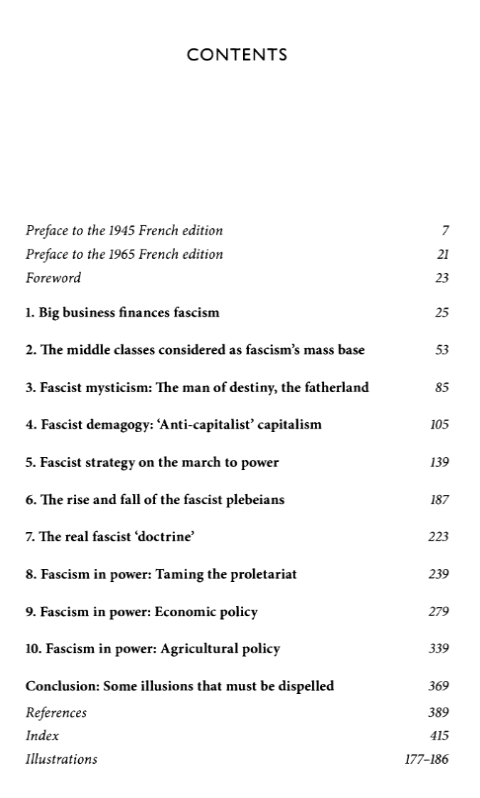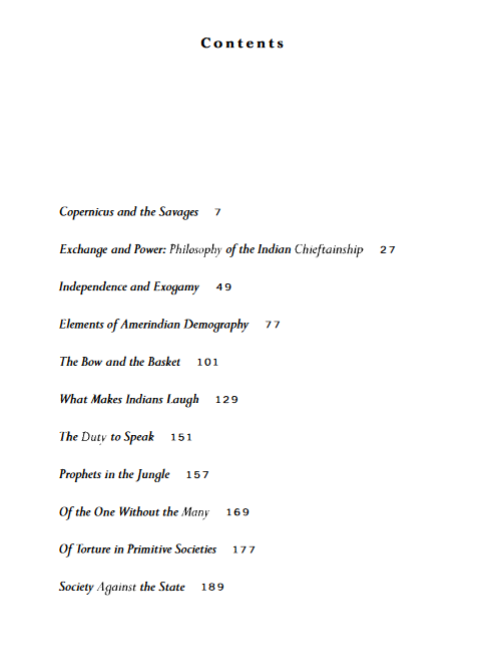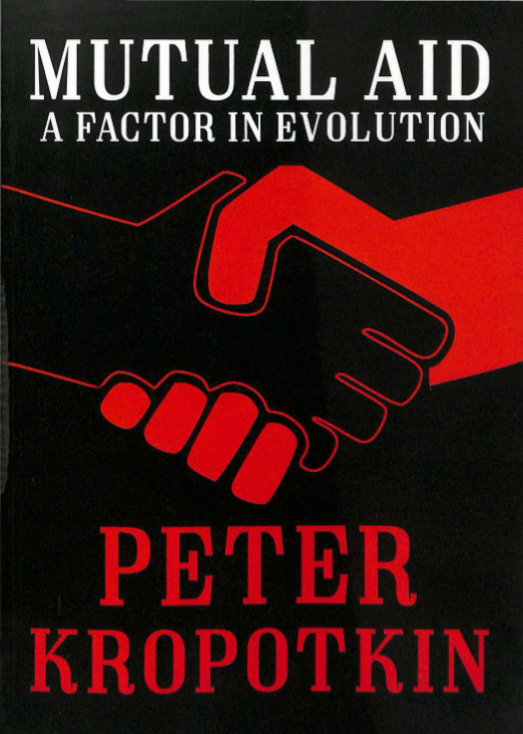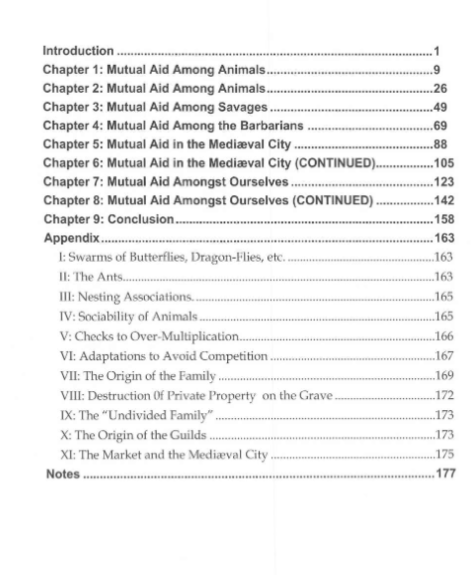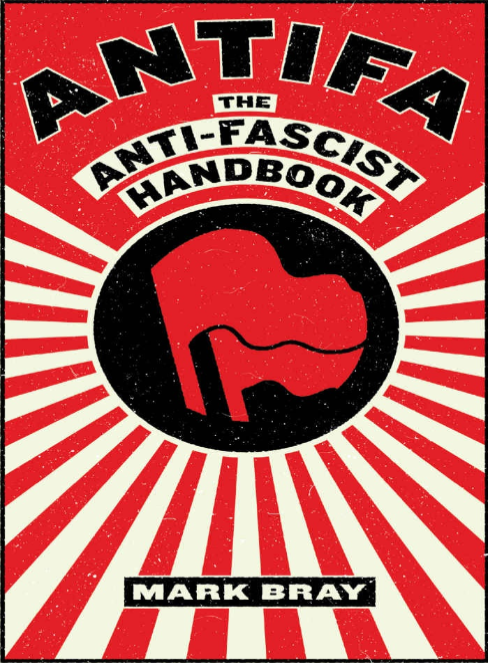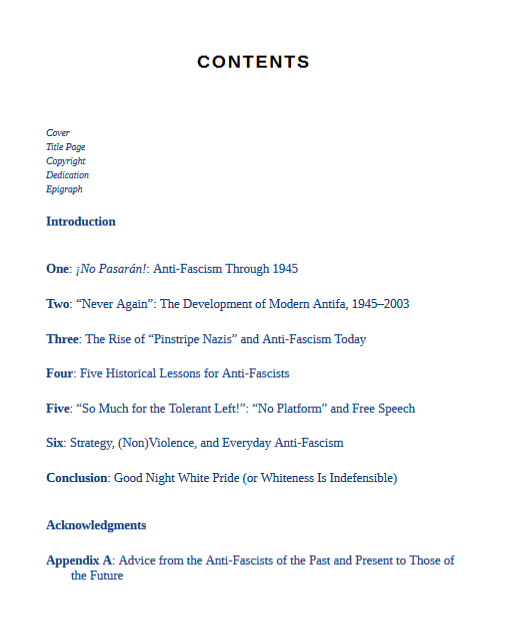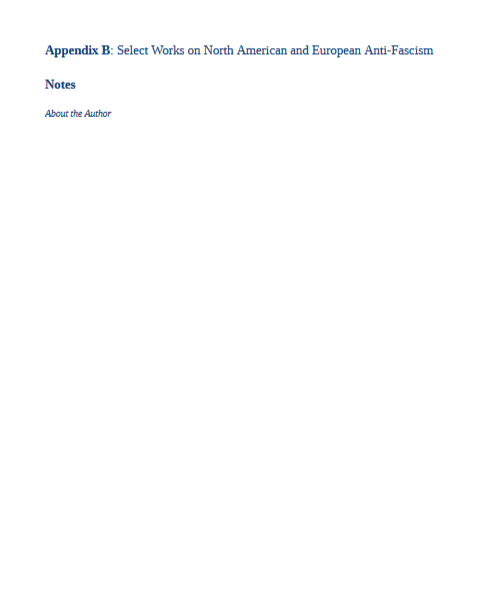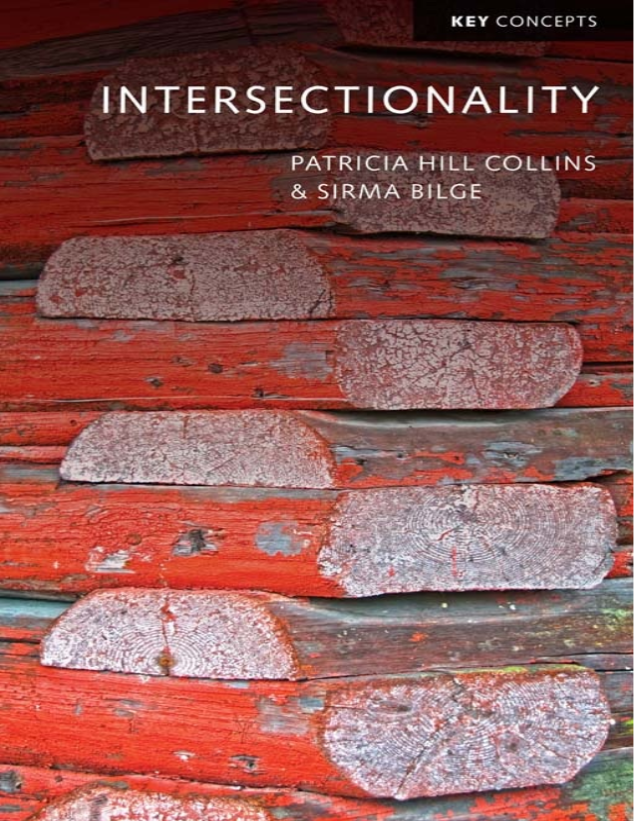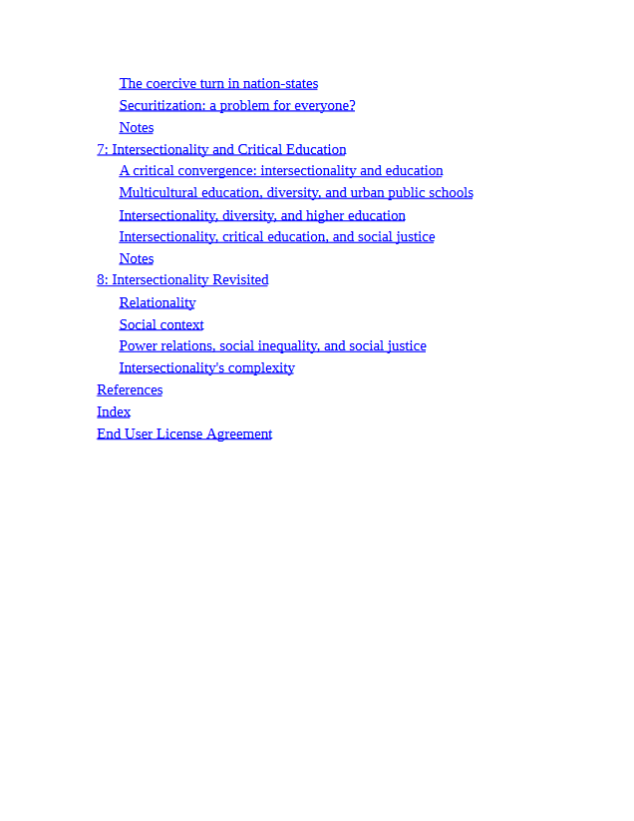Author(s)
Peter Staudenmaier
Contents
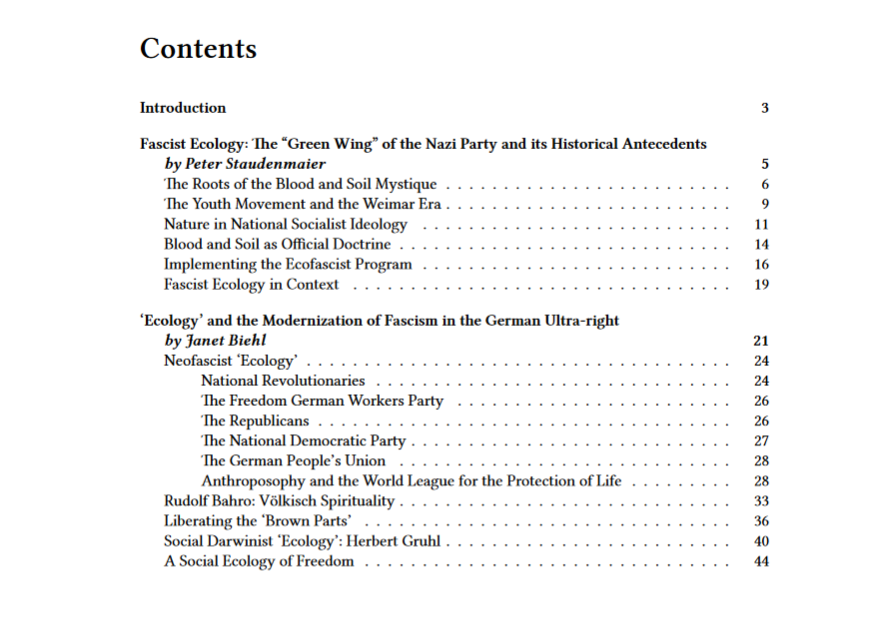
“What prevents ecological politics from yielding reaction or fascism with an ecological patina is an ecology movement that maintains a broad social emphasis, one that places the ecological crisis in a social context.
As social ecologists, we see the roots of the present ecological crisis in an irrational society — not in the biological makeup of human beings, nor in a particular religion, nor in reason, science, or technology. On the contrary, we uphold the importance of reason, science, and technology in creating both a progressive ecological movement and an ecological society. It is a specific set of social relations — above all, the competitive market economy — that is presently destroying the biosphere. Mysticism and biologism, at the very least, deflect public attention away from such social causes.
In presenting these essays, we are trying to preserve the all-important progressive and emancipatory implications of ecological politics. More than ever, an ecological commitment requires people today to avoid repeating the errors of the past, lest the ecology movement become absorbed in the mystical and antihumanistic trends that abound today.”
Janet Biehl & Peter Staudenmaier
Leave a comment below with a valid email adress (it will not be published) to request this book.
